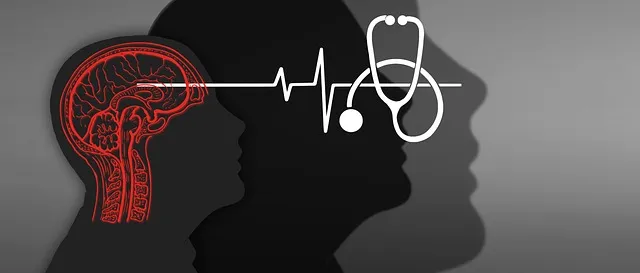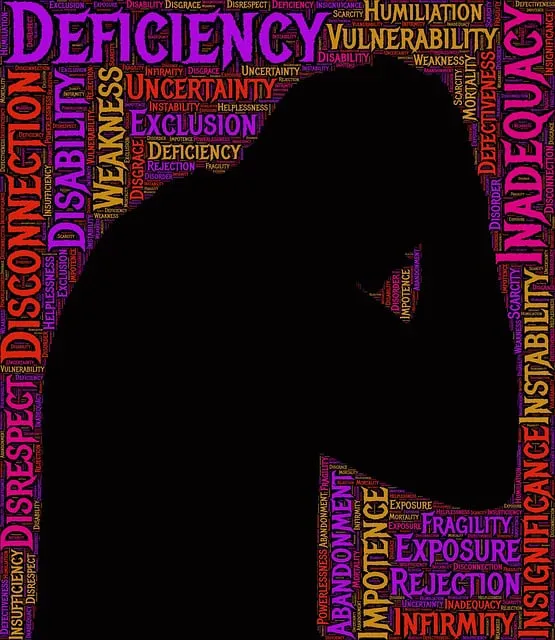In today's digital age, mental wellness self-assessment tools like Parker from Kaiser Permanente are transforming healthcare. These evidence-based tools help individuals assess their psychological well-being, offering insights into emotional states and behaviors to support informed decisions. The Kaiser Permanente Model integrates physical, social, and psychological factors, empowering users with personalized evaluations and programs like Self-Esteem Improvement and Stress Management Workshops. Parker utilizes algorithms and machine learning for tailored mental health assessments, promoting early intervention and user engagement through a user-friendly interface. Future developments may include digital platforms, interactive elements, and personalized feedback to enhance continuous wellness improvement.
Mental wellness self-assessment tools have become a crucial component of modern healthcare, enabling individuals to take an active role in managing their mental health. This article explores the development and significance of such tools, drawing insights from established models like Kaiser Permanente’s comprehensive approach. We delve into the transformative potential of technology, specifically Parker’s role in digital assessments, while offering best practices and future directions for effective self-assessment tool design.
- Understanding Mental Wellness Self-Assessment: A Necessity in Modern Healthcare
- The Kaiser Permanente Model: A Comprehensive Approach to Mental Health Evaluation
- Leveraging Technology: Parker's Role in Digital Mental Wellness Assessments
- Designing Effective Self-Assessment Tools: Best Practices and Future Directions
Understanding Mental Wellness Self-Assessment: A Necessity in Modern Healthcare

In today’s fast-paced world, mental wellness self-assessment tools have become a necessity within modern healthcare systems, especially in organizations like Kaiser Permanente mental health services. These tools empower individuals to take an active role in understanding their psychological well-being and identify potential areas of concern. By utilizing evidence-based assessments, people can gain valuable insights into their emotional states, thought patterns, and behaviors, enabling them to make informed decisions about their mental health.
The development of such self-assessment tools should consider cultural sensitivity in mental healthcare practice, ensuring that they are inclusive and adaptable to diverse populations. For instance, the Parker scale or similar measures can be adapted to incorporate cultural nuances, reflecting the unique experiences and expressions of different communities. Additionally, addressing depression prevention and trauma support services through these assessments can be transformative, offering early interventions and resources for those facing common mental health challenges like anxiety or post-traumatic stress disorder (PTSD).
The Kaiser Permanente Model: A Comprehensive Approach to Mental Health Evaluation

The Kaiser Permanente Model offers a comprehensive approach to mental health evaluation, integrating various aspects of an individual’s well-being. This model recognizes that mental wellness is not isolated but interconnected with physical and social factors. It incorporates tools for assessing symptoms, functional impairments, and lifestyle factors, providing a holistic view of an individual’s mental state. The Parker scale, a key component, offers a standardized method to gauge depression severity, offering valuable insights into the depth of support required.
By adopting this model, organizations like Kaiser Permanente can facilitate comprehensive self-assessments, enabling individuals to identify areas for improvement. This process empowers people to take charge of their mental health and well-being, fostering initiatives such as Self-Esteem Improvement programs or Stress Management Workshops within the organization. The model’s emphasis on a holistic evaluation ensures that interventions are tailored to meet diverse needs, ultimately enhancing overall mental wellness.
Leveraging Technology: Parker's Role in Digital Mental Wellness Assessments

Technology has revolutionized the way we approach mental wellness, and organizations like Kaiser Permanente are at the forefront of this digital transformation. One notable player in this space is Parker, a sophisticated self-assessment tool designed to enhance traditional therapy methods. By leveraging advanced algorithms and machine learning, Parker offers personalized mental health assessments, providing individuals with valuable insights into their emotional well-being.
This innovative platform goes beyond typical questionnaires by integrating various assessment techniques. It aids users in understanding their Emotional Regulation capabilities, tracking Inner Strength Development over time, and even offering tailored Trauma Support Services based on individual needs. With its user-friendly interface, Parker makes mental wellness assessments accessible, promoting early intervention and empowering individuals to take charge of their emotional health in the digital age.
Designing Effective Self-Assessment Tools: Best Practices and Future Directions

Designing effective self-assessment tools is a multifaceted process that requires careful consideration of various psychological principles and user needs. Tools like those developed by Kaiser Permanente mental health, such as the Parker scale, have set benchmarks for measuring and tracking individual progress in managing their mental wellness. To create truly impactful assessments, developers should prioritize clear, concise language accessible to a broad audience. Incorporating validated measurement models ensures reliability and validity, while integrating interactive elements can enhance engagement and encourage honest self-reflection.
Future directions in this field may involve incorporating digital platforms for wider reach and accessibility, as well as including components that promote active coping strategies like Mental Wellness Journaling Exercise Guidance, Conflict Resolution Techniques, and Empathy Building Strategies. Personalized feedback mechanisms based on individual responses could provide users with actionable insights, fostering continuous mental wellness development.
The development of mental wellness self-assessment tools is a crucial step forward in modern healthcare, empowering individuals to take charge of their mental well-being. As highlighted by the Kaiser Permanente model and Parker’s work in digital assessments, a comprehensive approach combining technology with best practices can significantly enhance evaluation accuracy and accessibility. Moving forward, these tools should continue to evolve, incorporating innovative digital solutions while adhering to ethical guidelines and ensuring cultural sensitivity. By fostering greater awareness and self-reflection, mental wellness self-assessment tools have the potential to revolutionize how we support and maintain our emotional health.






